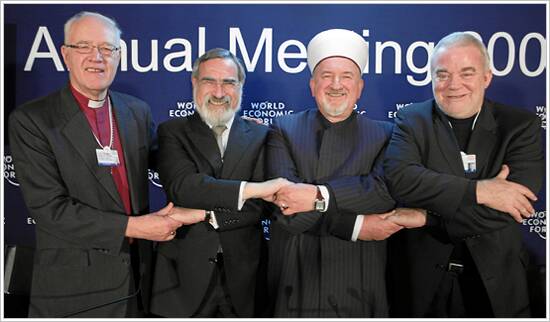There were the usual outpourings of hateful bile on social media soon after the start of the siege at the Lindt Chocolate Cafe in central Sydney, but just a little later, a movement based on love also deluged the social space. Through the hash tag #I’ll Ride with You, Australians offered to accompany Muslims who felt threatened as they traveled on public transport. By late the same evening, that hash tag had been used more than a quarter of a million times. It made me proud to be Australian.
The events of 2001 also brought forth bigotry in Australia, but birthed a movement of love as well. Thousands of Australians, led by Christian groups, volunteered to support and assist the Muslims demonized in most mainstream media and by opportunistic politicians. Christians responded to need, not creed.
Many of the Muslim refugees who had recently arrived in Australia filled job vacancies in areas that were too dirty, too far from cities, or too poorly-paid and so had been vacant, and so they met the rersidents. Rural Australians got to know Muslims face-to-face in their stores, their sports teams, and their workplaces, and neighbors were created. Rural Australians for Refugees was a large organization that grew from this.
The hate-filled attacks also birthed Welcome to Australia, a movement that helps mainstream Australians to get to know Muslims through shared teas, dinners, music, and other events. Their annual event, Walk Together, now attracts thousands in cities across the country to walk to simply say ‘welcome everyone’. Welcome to Australia succeeds in overcoming hatred because it’s very hard to hate those we are close to.
Simply sharing food, music, conversation, and daily activities causes love to grow. Research shows that the mere exposure to a person increases our liking for them.
Australian Christians were led to meet Muslims through their obedience to Jesus’ command to love their neighbors. Meeting them grew understanding and fellowship.
Movements like Welcome to Australia, I’ll Ride With you, and Rural Australians for Refugees create neighbors and incubate love.



